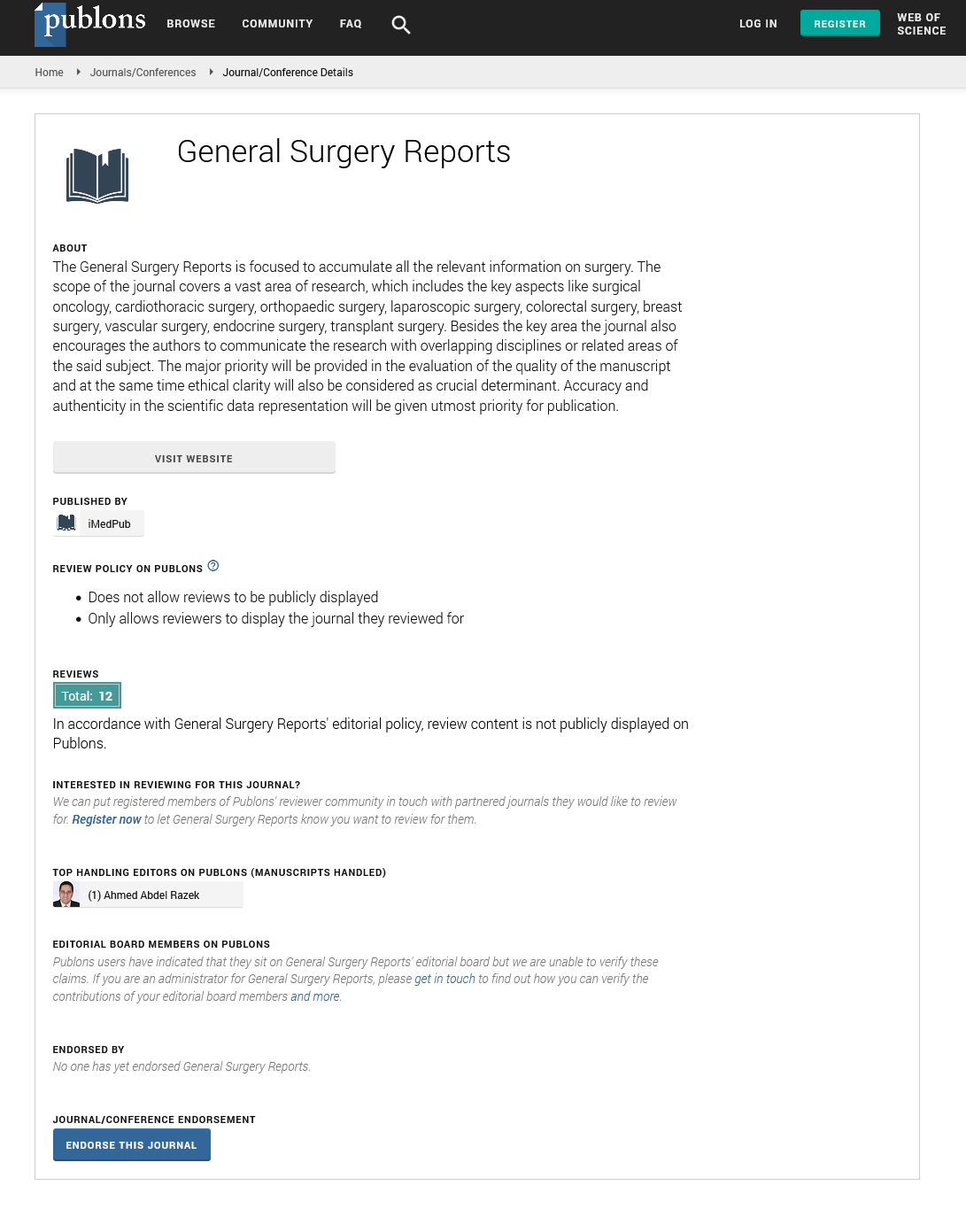Abstract
Quality of recovery in elderly patients with postoperative delirium
Background: Our study aimed to evaluate quality of recovery in elderly patients with postoperative delirium (POD). Subjects and Methods: An observational prospective study was conducted. Patients aged >60 submitted to elective surgery and admitted to Post Anesthesia Care Unit (PACU) in a tertiary hospital from May to July 2017 were included. POD was evaluated with the Nursing Delirium Screening
Scale (NuDESC). Quality of recovery 15 (QoR 15) was used before (T0) and 24 h (T24) after surgery to assess quality of recovery. Data collection includes patient´s characteristics, respiratory events at the PACU, and other perioperative variables. The Chi square, Fisher’s exact, or Mann– Whitney U tests were used for comparisons. Results: Of a total of 235 patients, 12.3% developed POD at PACU. POD was more frequently in patients older than 80 years (P = 0.017), patients with neurological disease (P = 0.026), dementia (P = 0.026), peripheral vascular disease (P = 0.016) and diabetes mellitus (P = 0.037). At T0, there were no differences at median total QoR 15, whereas at T24, patients POD scored lower in 10 items (including “severe pain” with P = 0.001 and “nausea or vomiting” with P = 0.009) of QoR 15 and in total median lower scores (P = 0.001). POD patients stayed longer at PACU (P = 0.017) and they stayed longer at hospital (P = 0.002). Conclusions: POD patients were older and had more comorbidities. POD patients had lower QoR scores at T24 suggesting an adverse impact of delirium in postoperative quality of recovery. POD patients stayed for long in the PACU and at hospital.
Author(s): Daniela Cristelo, Mónica Nunes Ferreira, João Sarmento e Castro, Ana Rita Teles, Marta Campos, Fernando Abelha and Francisco Gentil
Abstract | PDF
Share This Article
Google Scholar citation report
Citations : 6
General Surgery Reports received 6 citations as per Google Scholar report
General Surgery Reports peer review process verified at publons
Abstracted/Indexed in
- Google Scholar
- Publons
Open Access Journals
- Aquaculture & Veterinary Science
- Chemistry & Chemical Sciences
- Clinical Sciences
- Engineering
- General Science
- Genetics & Molecular Biology
- Health Care & Nursing
- Immunology & Microbiology
- Materials Science
- Mathematics & Physics
- Medical Sciences
- Neurology & Psychiatry
- Oncology & Cancer Science
- Pharmaceutical Sciences
